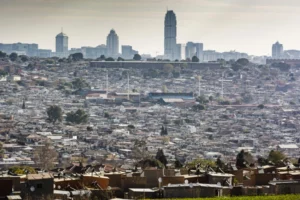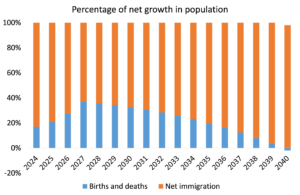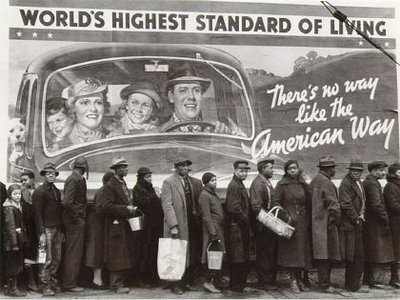
Cyril Ramaphosa presides over a corrupt administration in a weak and stagnant economy and a society with extreme poverty and inequality. South African capitalism is a basket case. How long can it hang on without a massive reaction from its people?

Cyril Ramaphosa presides over a corrupt administration in a weak and stagnant economy and a society with extreme poverty and inequality. South African capitalism is a basket case. How long can it hang on without a massive reaction from its people?

The pickup in U.S. growth last year came from a sharp rise in net immigration. In simple terms, more workers generate more goods and services.

Recently in the Marxist Sociology blog, David Kotz, Professor Emeritus of Economics and Sheridan Scholar at the University of Massachusetts Amherst and Distinguished Professor in the School of Economics at the Shanghai University of Finance and Economics offered an explanation as . . .

Recently, the economics editor of the Guardian newspaper in the UK, Larry Elliott, presented us with a comparison of the Great Depression of the 1930s and now. In effect, Elliott argued that the world economy was now in a similar depression as then. The 1930s depression started with a stock market crash in 1929, followed by a global banking crash and then a huge slump in output, employment and investment. In that order. The number of bank failures rose from an annual average of about 600 during the 1920s, to 1,350 in 1930 and then peaked in 1933 when 4,000 banks were suspended. Over the entire period 1930-33, one-third of all US banks failed. But it was the stock market crash that was first.